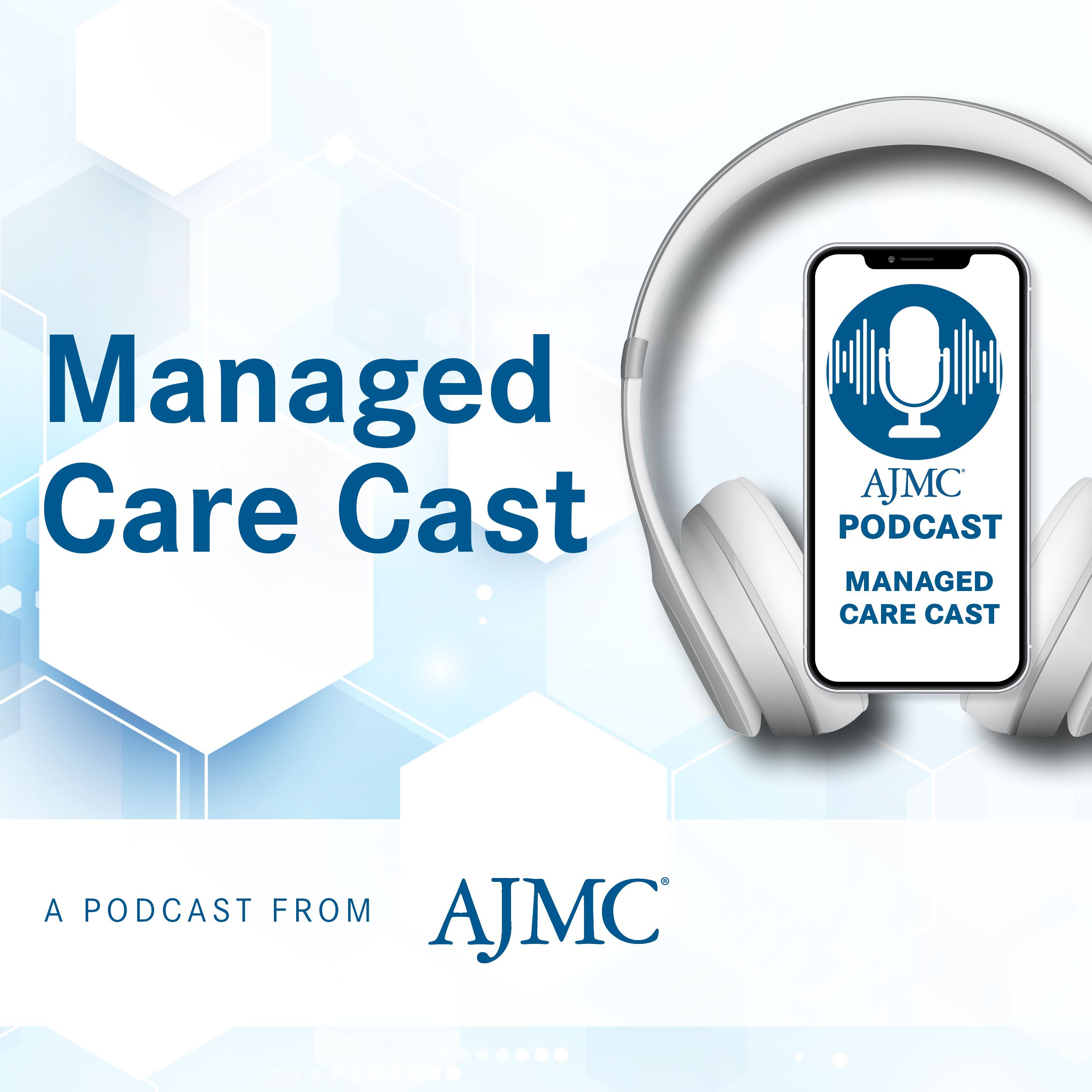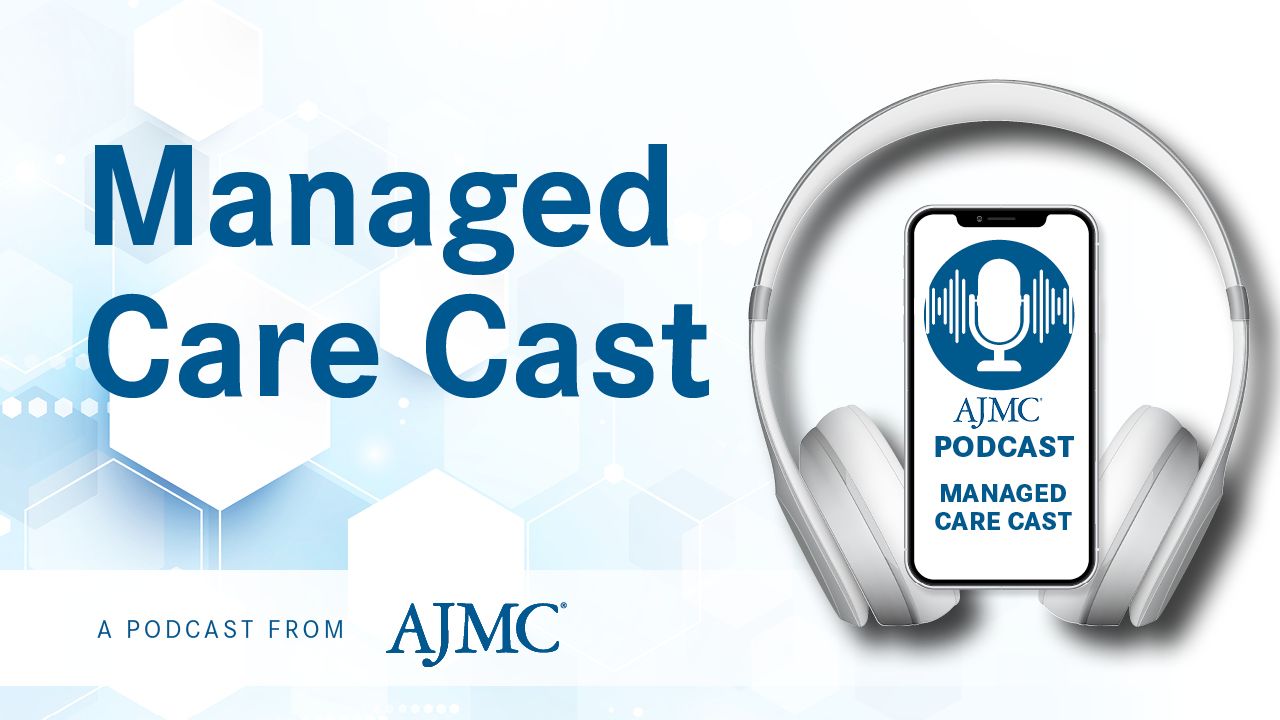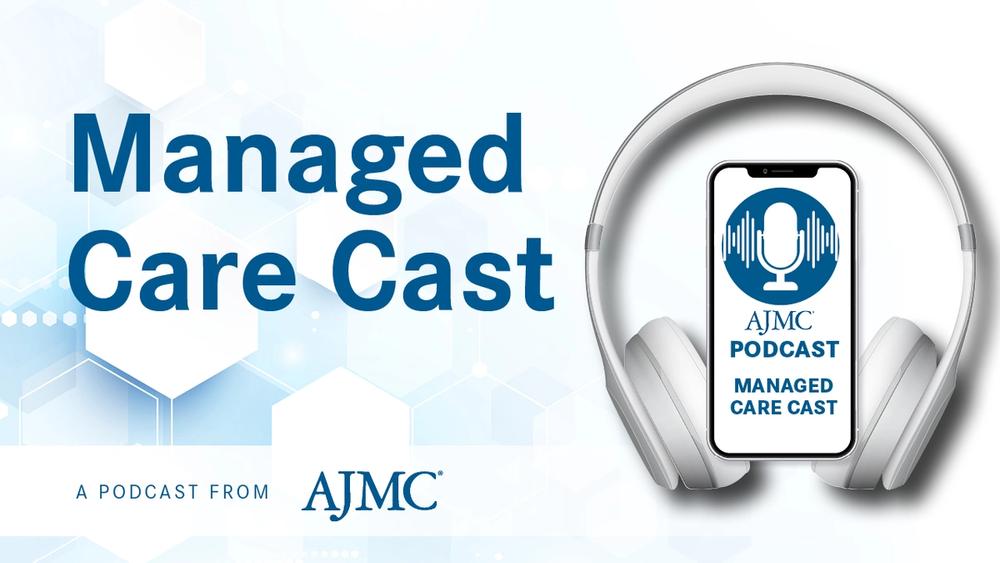Video
Dr Viral Shah Emphasizes Payer's Role in Patient Access to T1D Treatments
Author(s):
While therapies for type 1 diabetes (T1D) are becoming more advanced, the problem is patients can't access them, said Viral Shah, MD, an endocrinologist and scientist.
Viral Shah, MD, endocrinologist and associate professor of medicine and pediatrics at the Barbara Davis Center for Diabetes, Adult Clinic School of Medicine at the University of Colorado Anschutz campus, discusses the role of payers alongside advancements in automated insulin delivery systems and continuous glucose monitors (CGMs).
Transcript
What do payers need to know about automated insulin delivery systems and CGMs, particularly as the field continues to advance?
As I mentioned, again earlier, I think it's very exciting that the diabetes management field is expanding. In type 1 diabetes, we have a lot of automated insulin delivery systems now. We had the Medtronic 670G as the first one, and then Tandem's Control-IQ, and now Omnipod 5. And there are many more that are approved in Europe, not in the US, but planning to come to the US landscape as well.
So, it's a very interesting question that this advanced technologies and therapeutics are coming in the space. But the problem is, the patients are not getting it. And the reason is that, unfortunately, it takes a while before it's approved or cleared by the FDA and it's available on the market and the insurance starts covering it.
I think that leads to a real gap in the care and optimizing the care for patients with type 1 and type 2 diabetes. I wish that we could reduce that gap and as soon as that the technologies are cleared by the FDA, the payer starts paying it so that the patients can get onto those technologies, improve their diabetes, and prevent those long-term complications.
2 Commerce Drive
Suite 100
Cranbury, NJ 08512
© 2024 MJH Life Sciences® and AJMC®.
All rights reserved.





